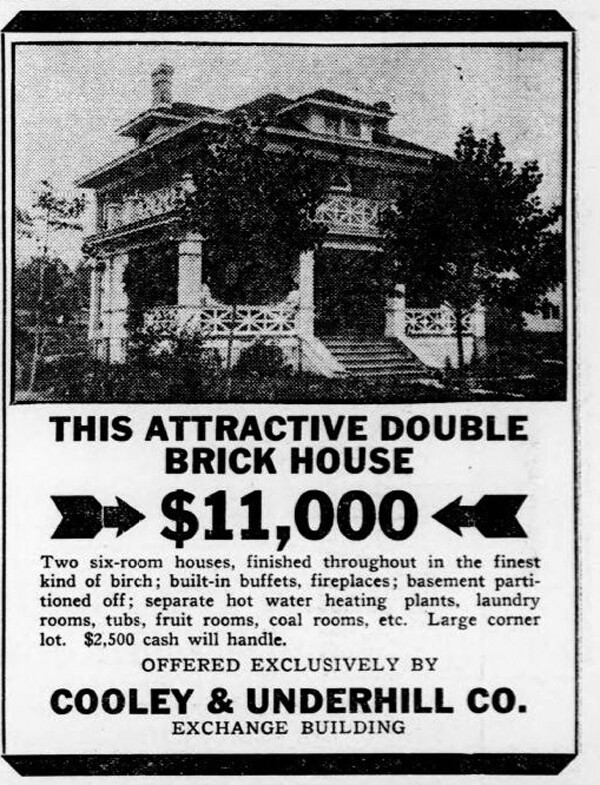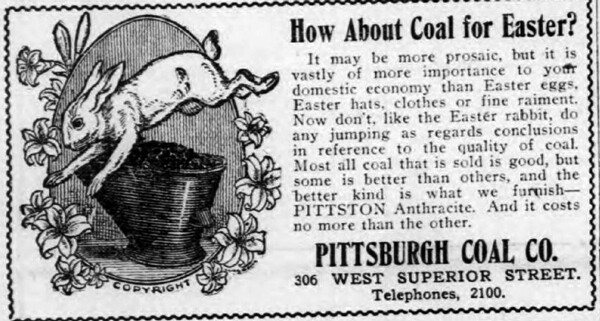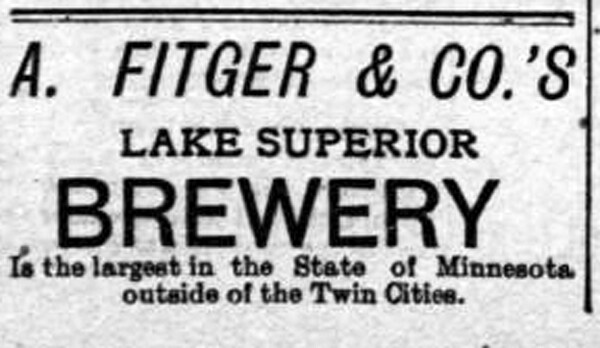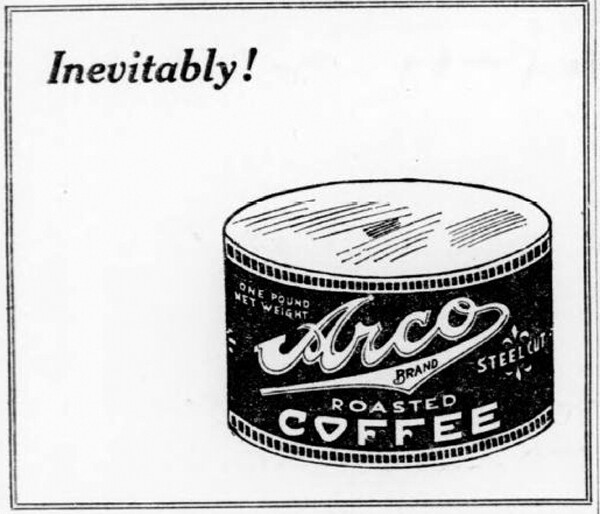News & Articles
Browse all content by date.

Duluth Herald April 9, 1888
GEORGIA MINSTRELS.
On Saturday evening Richard & Pringle’s original colored Georgia minstrels will occupy the Grand. The company is headed by Billy Kersands, the greatest living colored comedian and a fine orchestra and brass band are among the accessories. A fine street parade will be given and the entertainment is said to be replete with old time plantation fun.

Duluth Herald April 10, 1897
In Duluth’s Social Circles
Only one more week of Lent. Society people are glad of it, too, for, however much they have wanted a rest, they have had enough of it and are looking forward to the lively summer season, always the brightest of the year in Duluth. Immediately following Lent there will be several parties that will be sufficiently gay to please most anyone in the social set. The Assembly will give a dancing party on the Friday following Easter. The Superior Boat club party will be given Monday evening, April 19, and a large number of Duluth people will go. The De Wolf Hopper performance Monday evening will doubtless draw out a large contingent of society people. There are several attractions in the theatrical line coming soon which will draw well from society people.

Duluth Herald April 9, 1909
TIGHT WADS NOT WANTED
“Pikers” Don’t Make Good Brewery Agents, Says Witness
A brewing company doesn’t want any “pikers” in its employ. A “tight-wad” can’t get business from the company’s patrons, so they allow a man practically a free hand in his expenditures made in the interest of the company for the purpose of holding business, and securing new patrons. So said P. C. Schmidt, attorney for the Fitger Brewing company, on the stand in district court this morning, during the trial of Harry Cavallin, charged with the misappropriation of about $2,000 of the company’s money while he was its agent at Hibbing. In answer to questions put by Victory Power, Cavallin’s attorney, in the cross-examination, Mr. Schmidt said the company allows its agents to use their own judgment in the matter of expenditures, giving the office manager supervision of them. If the expenditures mount up higher than is commensurate with the amount of business the agent is put on the carpet. If it is repeated too often, there is an adjustment of the tinware, and a new face visits the saloon. A good deal of inside information on the brewery business was given to the jury. If an agent makes a big collection and would expect to treat everybody in the house on the strength of it he leaves a few dollars that “de gang” may be treated when they show up. If the collection is big enough, he may leave $8 or $10. Mr. Cavallin was distinctly not a “piker” in the brewers’ understanding of the term. About a month after he took charge of the Hibbing office, his expense account as reported as $400. The amount was a little strong and the office manager ordered him to curtail, but his expenditures among the company’s patrons at Hibbing were never niggardly. The prosecution of Mr. Cavallin is based on the allegation that he failed to report the expenditure of the money he is charged with embezzling. He claims he spent it in the interest of the business.

Duluth Herald April 10, 1920
SAYS DETECTIVES CAUSE OF STRIKES
How private detectives worm their way into labor unions and seek places of trust among the unions was the substance of addresses given last night by Stephen A. Doyle before the Duluth Trades and Labor assembly and before the Brotherhood of Railway Carmen of America at Proctor. “Ninety-eight per cent of the trouble between capital and labor can be traced directly to the insidious work of the private detective agencies,” Mr. Doyle told members of the labor bodies last night. “The principal object of the private detectives is to keep strife alive between employer and employe. That is the reason why there are several million detective agencies doing business in the United States.” In the many strikes n which he had been instrumental in settling, and he mentioned many of them, in each case he said he had advised, and his advice was taken, the removal of every private detective from the field. “When these men left the job the agitators disappeared,” said Mr. Doyle. “It was then an easy matter to bring employer and employe together and effect a settlement.”

| Tweet |


